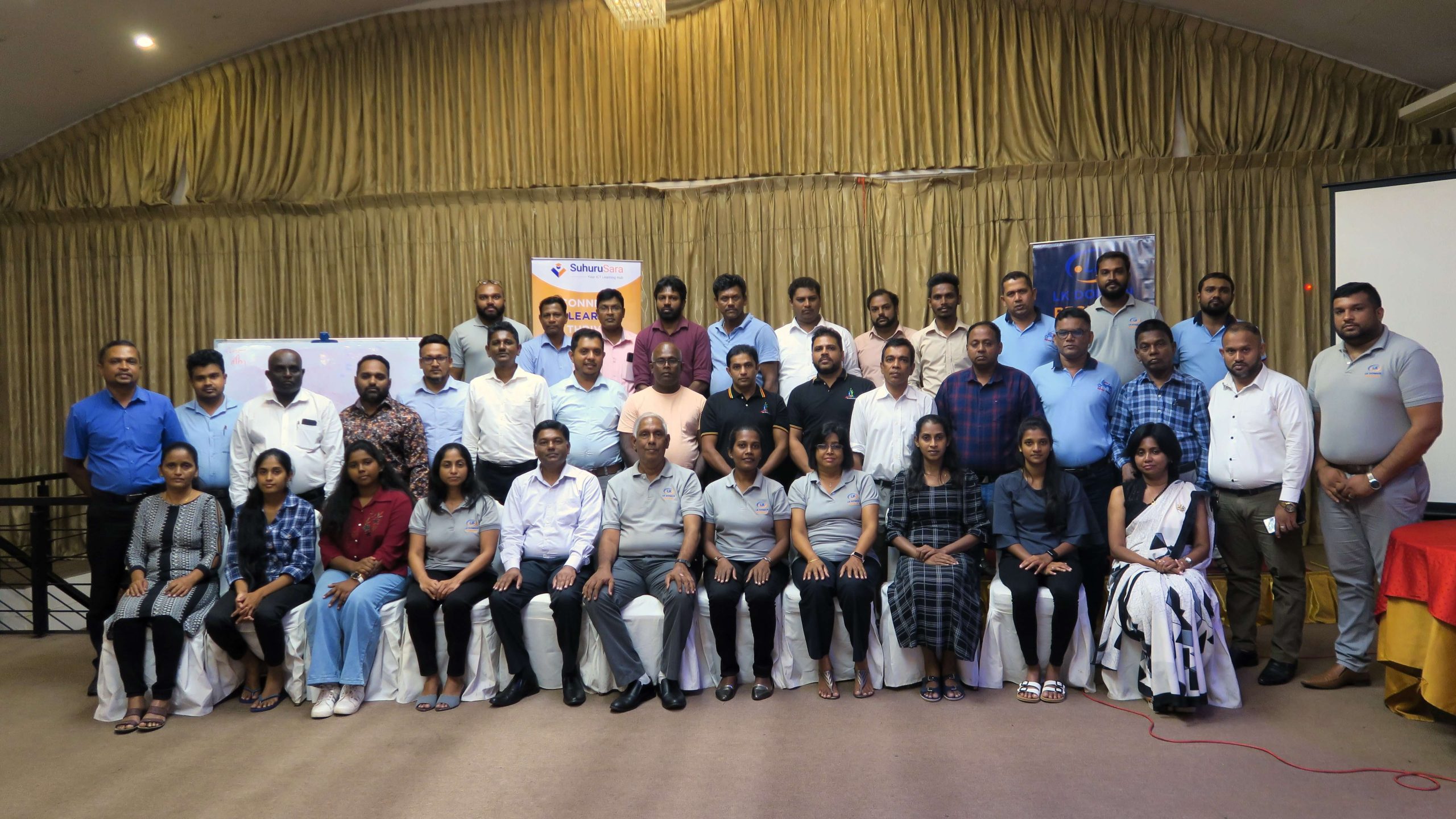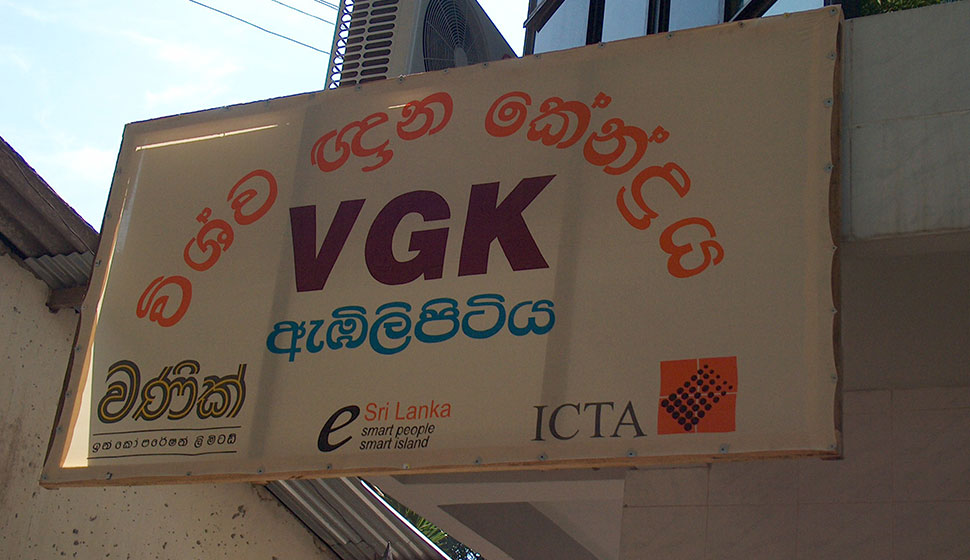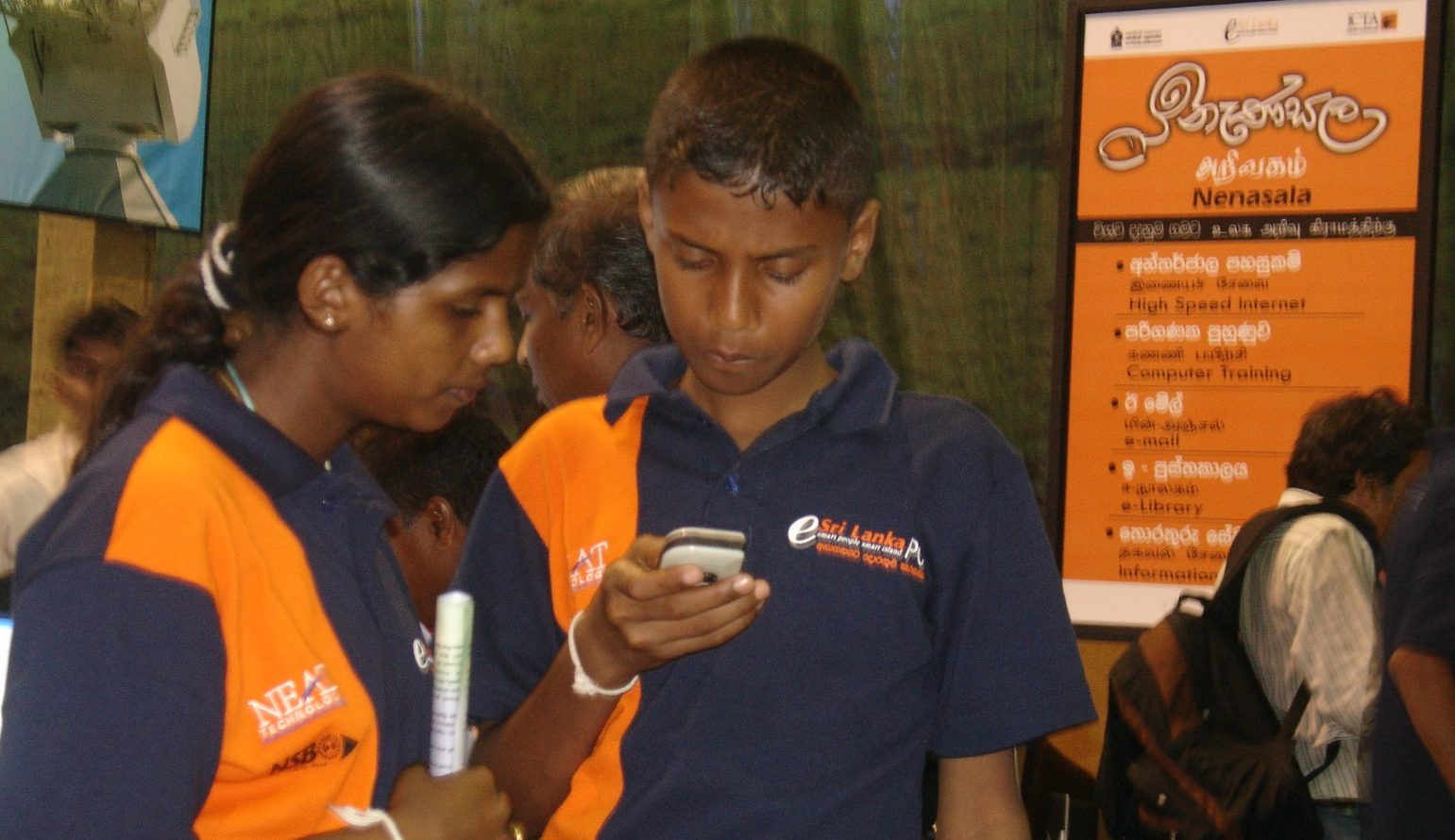The Sri Lanka’s Telecentre (Nenasala) Project, initiated in January 2004 and completed by December 2016, stands as a remarkable endeavor to address the digital gap in the country’s rural communities. This initiative was born out of the understanding that access to Information and Communication Technologies (ICTs) can significantly impact poverty reduction, education improvement, better healthcare, reduced disparities, and overall economic growth. However, rural areas were often left isolated due to financial restrictions preventing them from embracing the digital world.

The main objective of the project was to empower rural communities in Sri Lanka by addressing the digital gap. It established community-based ICT centers, Nenasala telecentres, providing affordable access to computers, the internet and related services. The project aimed to empower underserved groups like farmers, students, SMEs, women, youth, and marginalized groups by harnessing ICT’s potential for personal and professional development. Strategically located and equipped telecentres offered training programs, creating a good environment for learning and growth.
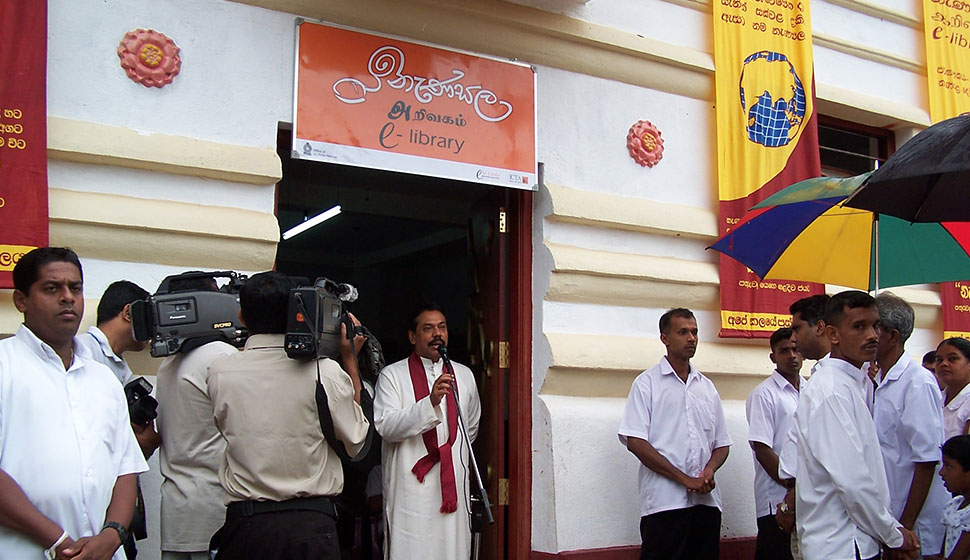
The scope of Sri Lanka’s Telecentre (Nenasala) Project encompassed the establishment of 1000 Nenasala Telecentres across various rural areas in the South, North, and East of Sri Lanka. These telecentres were intended to provide the local population with affordable community access to ICT. The scope involved equipping these telecentres with necessary ICT infrastructure such as computers, printers, webcams, high-speed internet connections, telephones, fax machines, and photocopiers.
This Project significantly improved ICT literacy in targeted communities, leading to increased adoption of computers, laptops, internet connectivity, scanners, and webcams. This demonstrates the community’s recognition of ICT’s value in enhancing livelihoods and embracing more convenient and cost-effective technologies. However, advanced services like e-health, e-commerce, and e-banking were not yet widely used by the rural community. The project laid the foundation for a shift towards digital inclusion and empowerment within these communities.

The Nenasala Project is one of the projects implemented under the e-Sri Lanka Initiative. Formally known as the “Vishva Gnana Kendra Project (Nenasala)”, ICTA has incorporated it under the “Nenasala” label to introduce several models of the telecentres or knowledge centres to be established in all parts of Sri-Lanka to spread ICT services to the rural and semi-urban population. The Project will aim to meet the infrastructure requirements in order to address the information and communication needs of rural areas in all parts of the country through the establishment of Nenasalas, and the provision of ICT based services. As the diffusion and the use of ICTs in rural areas is limited, it is recognized that the most effective and efficient way to provide access to ICTs for rural areas will be through the establishment of Nenasalas. The main objectives of a Nenasala is to assist communities in:
- Poverty reduction
- Social and economic development, and
- Peace building
The first telecentres of Sri Lanka With funding support from the World Bank, the Sri Lankan Government devised the e-Sri Lanka initiative in 2003 as the first step towards providing access to diverse and unrestricted sources of information and a means of communication to all its citizens.
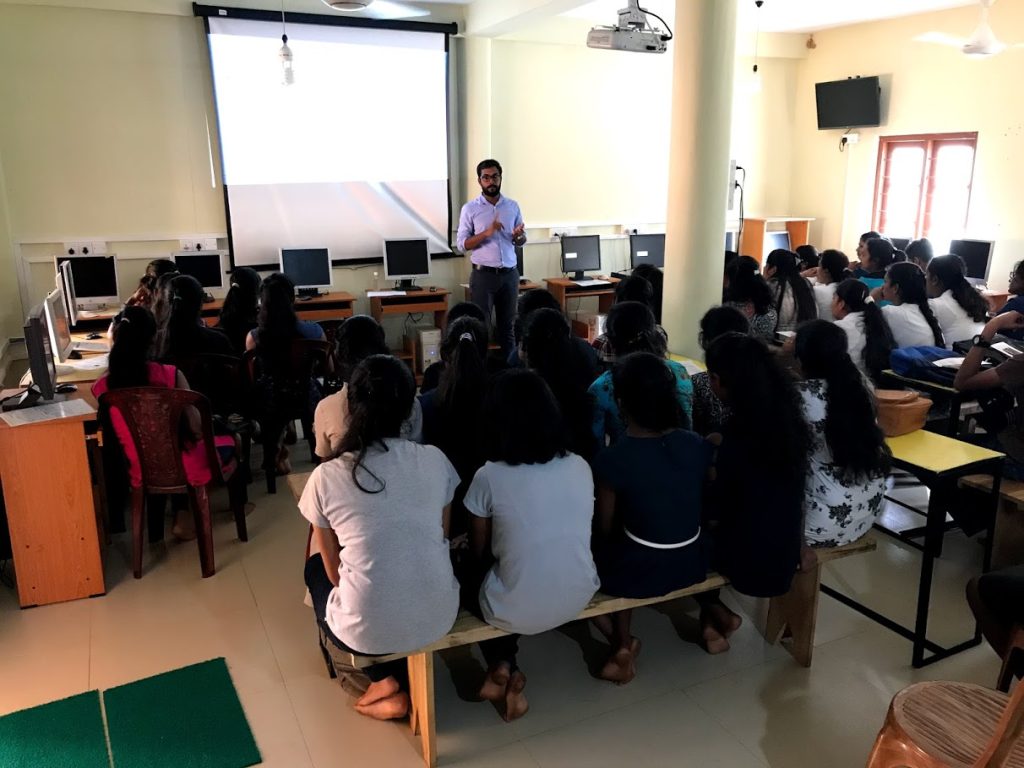
The e-Sri Lanka initiative takes root in the understanding that ICT tools offer opportunities for strengthening democratic processes in any nation that believes in a functional democracy; for advancing peace processes in nations and communities that are torn by conflicts; for enhancing socio-economic development of developing nations, such as Sri Lanka; and for improving the quality of life of socially or economically marginalized people, in general.
Before piloting the Sri Lankan version of telecentres, a rapid scan of Sri Lankan communities was conducted in early 2000.
Nenasala (Wisdom Outlet) is a telecentre project by the Government of Sri Lanka. Developed under the e-Sri Lanka Initiative, which is implemented by the ICT Agency of Sri Lanka. Communication centers are being built by the government in rural areas to help fight poverty, develop culture and commerce, and sustain peace. There are currently 751 such centers in the country, citation needed] with the most recent being established in the Kuliyapitiya Technical college. However, the number of e-Nenasala centers was expected to extend up to 1000 centers by the end of the year 2010.
Latest News
Education News all over the world.

